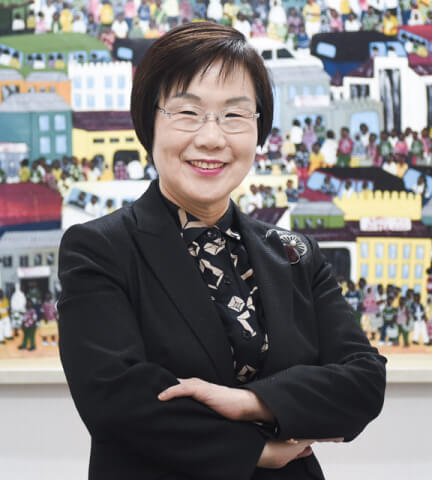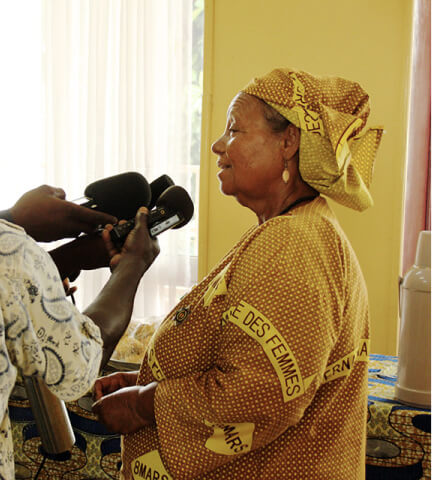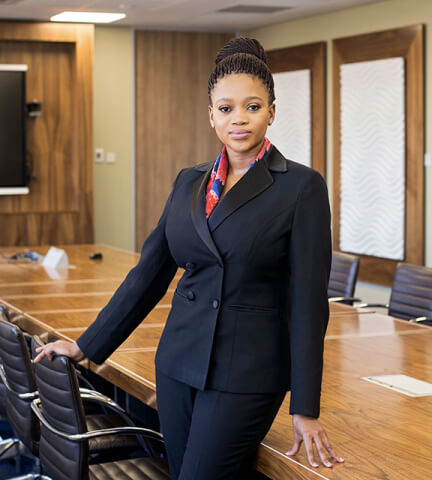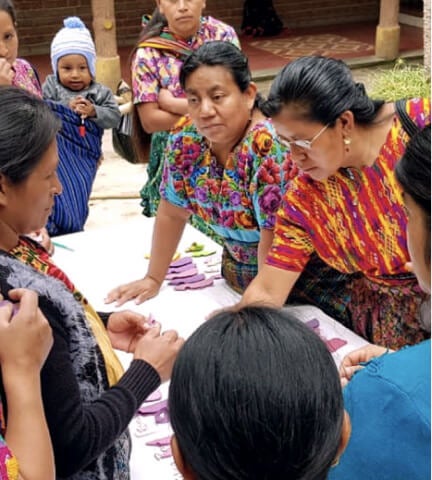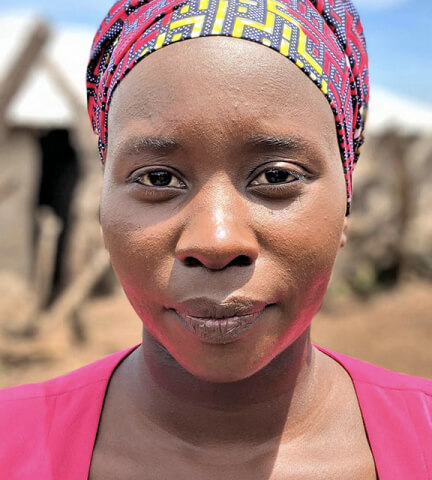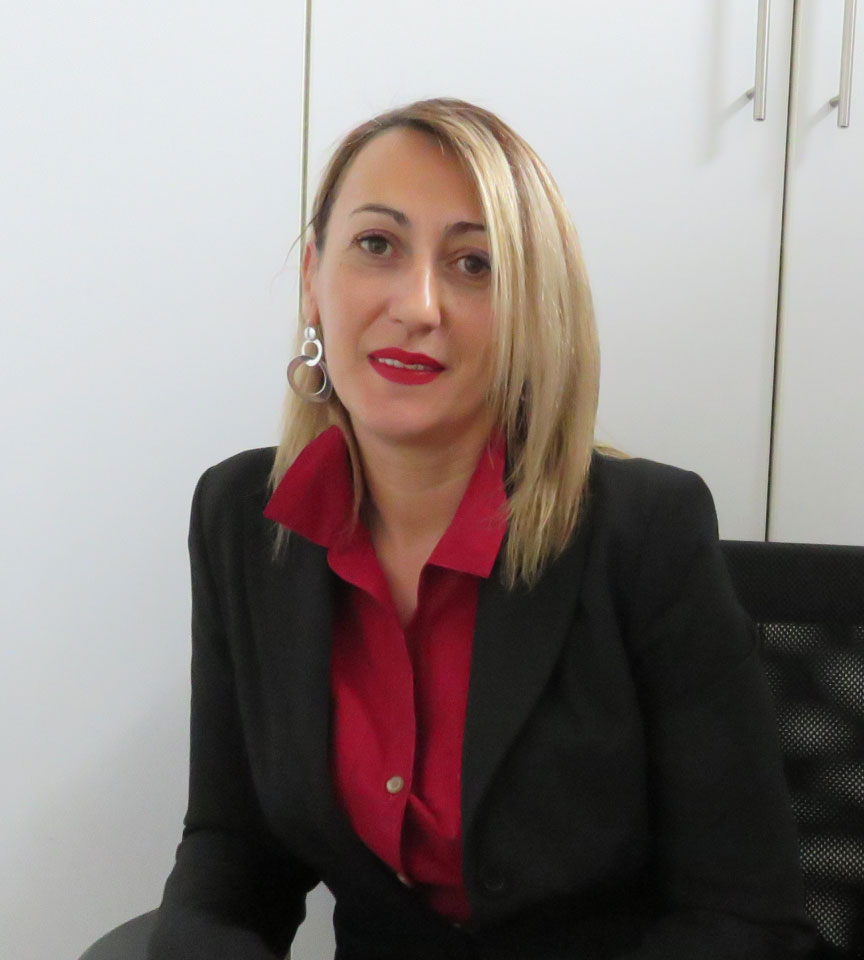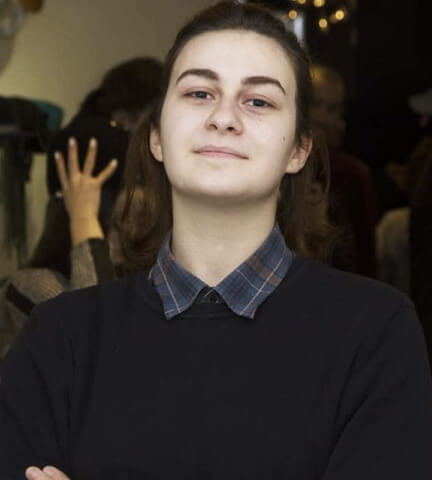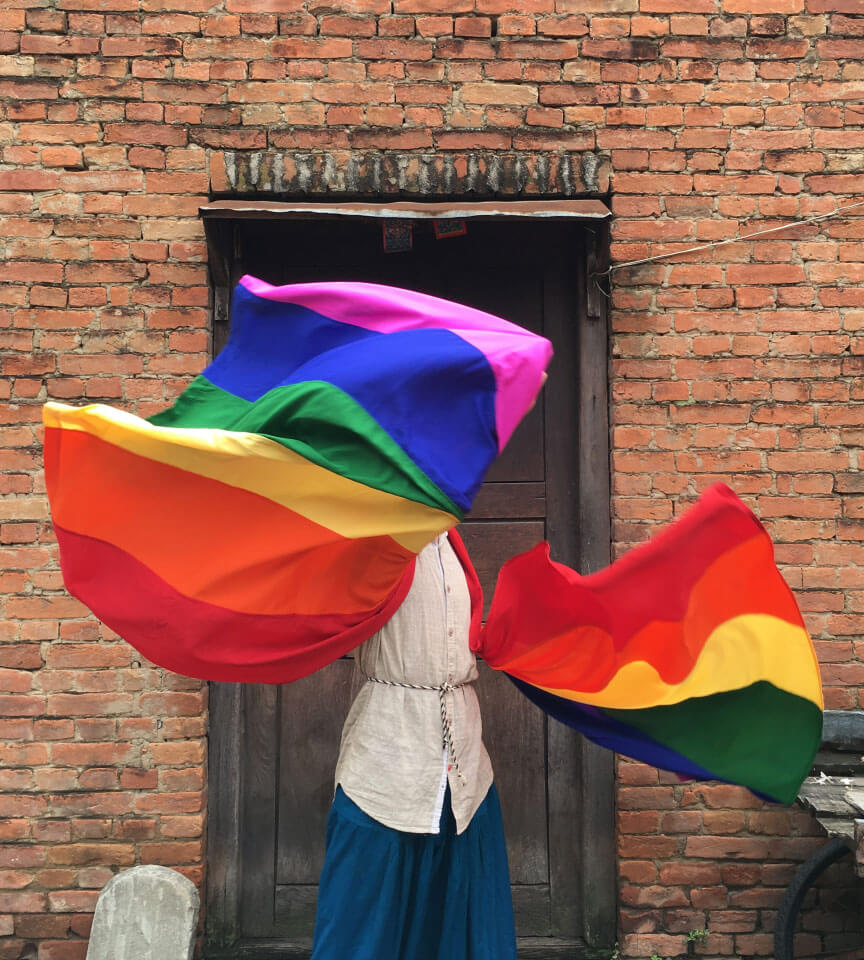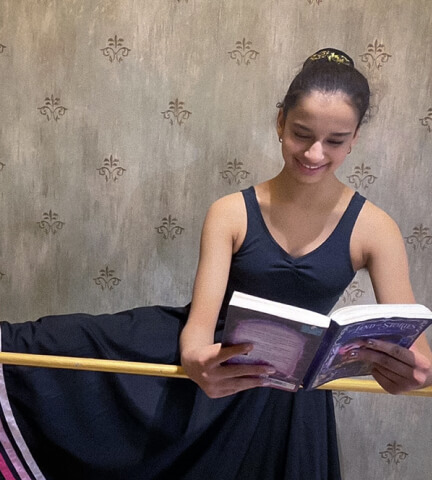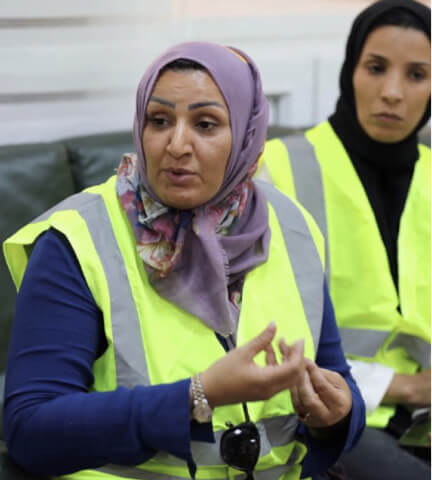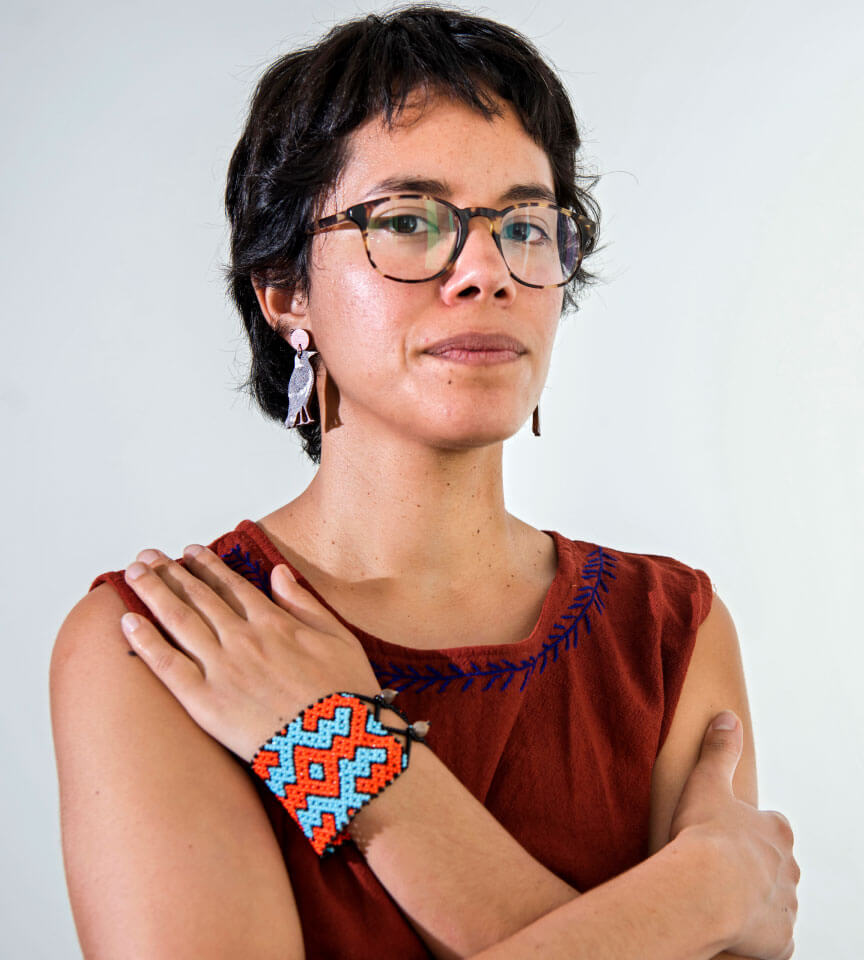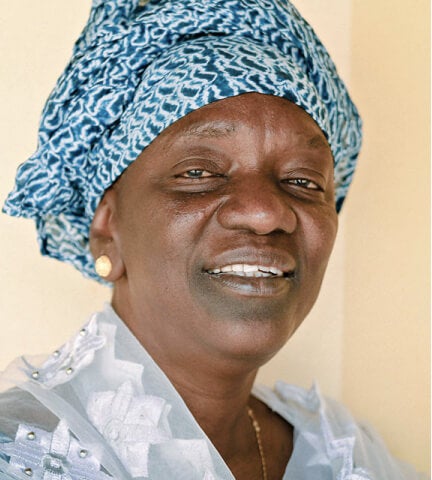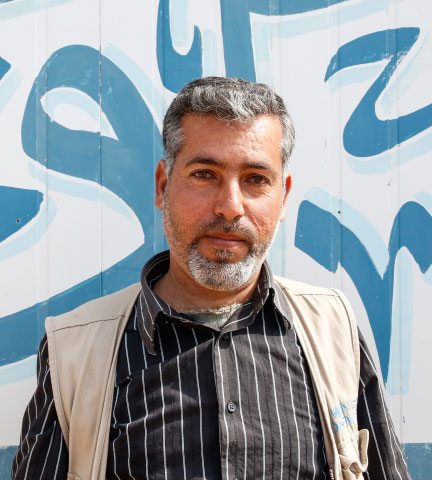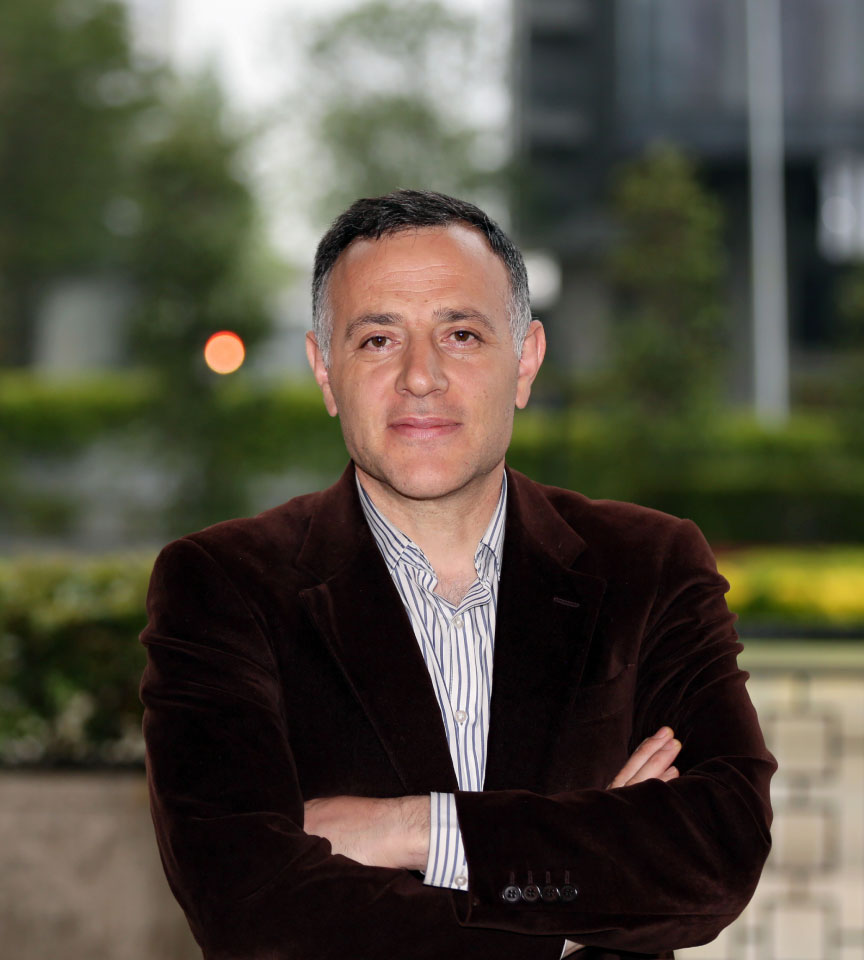UN Women’s Highlights
from 2020-2021
We act for equal
Equality is our right and must be our future. As the leading United Nations agency for gender equality, UN Women works to develop and uphold standards and create an environment in which every woman and girl can exercise her human rights and live up to her full potential.
In 2020, the COVID-19 pandemic worsened gender inequalities everywhere. UN Women led immediate responses and provided long-term solutions. We acted through 88 field offices and partners from government ministries to grass-roots groups to international financial institutions.
Building on our long tradition of creating alliances, we launched our Generation Equality Campaign. It brings together governments, civil society, youth, businesses and UN organizations among others to advance common goals and an ambitious agenda for change.
Achieving gender equality is key to restoring the world right now and building forward better. Generation Equality, a global, intergenerational feminist movement, demands no less.
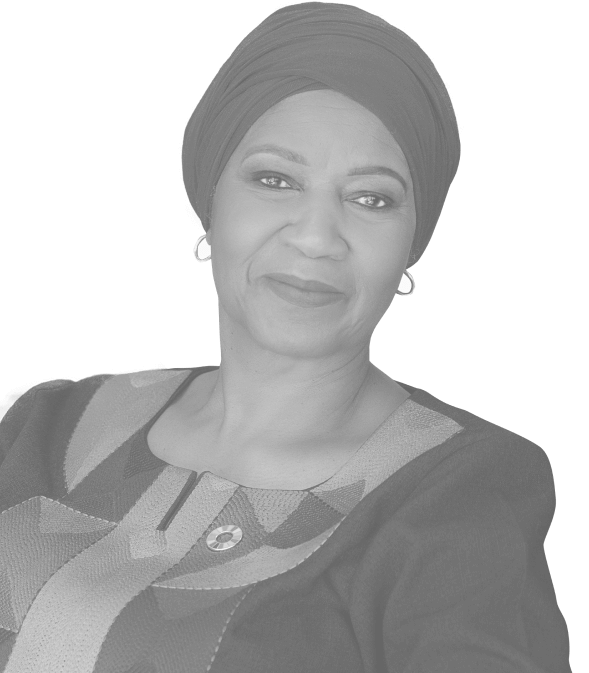
FOREWORD
Phumzile Mlambo-Ngcuka
UN Women Executive Director
In this, UN Women’s tenth year, the challenges we faced underlined both the significance of our mandate and the assets we bring to it, in solidarity and partnership across the world. Our efforts have been directed at raising the alarm on the particular ways in which COVID-19 impacts women and girls, with solid evidence, quickly marshalled response, and specific expert advice provided to governments and partners. We have used our uniquely multi-faceted mandate to suit the complex need for action simultaneously in different frames: of advocacy, operational response, policy leadership and coordination among multiple partners in public and private spheres, in situations of conflict and of stability.
Our numbers add up to advances in empowerment and equality
Our achievements
262
legal reforms to advance equality in 69 countries
101,000
Rural women gained
life-changing assets,
technologies and tools
590
partner women’s groups
mobilized COVID-19
responses in 50 countries
98,700
Gender-based violence
survivors gained justice
and recovery services
1,253
Civil society groups
equipped to influence peace
processes
51,500
women accessed
legal aid
11,500
justice personnel trained
on women’s rights
571,000
women and girls provided
with lifesaving
humanitarian support
107 Million
More people covered by
gender-responsive
disaster risk reduction
1.3 Billion
People reached through
#GenerationEquality
UN Women Delivers.
our partners
make the difference
UN Women’s many achievements depend on our partners’ generosity and continued commitment. Despite the competing priorities due to the COVID-19 pandemic, in 2020 our funding partners provided steadfast and increased support. This reflected their ever-growing confidence in UN Women to deliver high-impact results with the funds entrusted to us.
Denmark, Finland, France, Germany, Italy, Luxembourg, Sweden and the United States generously increased their regular resources contributions. The European Commission, Sweden, the Multi-Partner Trust Fund Office, Finland and Norway were our top five funding sources. Among the top private sector contributors were the Bill & Melinda Gates Foundation and the BHP Billiton Foundation. In an unprecedented year, UN Women continued to leverage partnerships and strengthen communication and advocacy efforts backing scale and impact.
We are grateful to all those who stand by our side to champion gender equality for women and girls, all over the world.
an all-time high
contributions
resources
resources
partners
contributed funds
National
Committees
Compact members
sector partnerships
Women’s Empowerment
Principles

